 Many of you probably remember the week of Labor Day, 2020. A haze of smoke covered our valley. Fires sprang up all around the state. An eerie, yellow-orange light saturated the air, causing the indoor lights to seem blue in contrast. Ash rained continuously and many suffered from the poor air quality. Like many, we had to be evacuated from our home up in Gates because the wildfires surrounded it, burning down many homes and leaving everything temporarily uninhabitable. While we were safely evacuated with our family, our home suffered damage. Our kitchen was destroyed and the smoke entering in from left-open windows covered every square inch. The mattresses, clothing and furniture were permeated with the stench. Thankfully, unlike some, we have homeowners’ insurance. Unfortunately, like many, our insurance didn’t want to pay for all that we believe are the damages. They delayed, made excuses and finally just fell far short of the cost of repair, in our opinion. Finally, after much wasted negotiation, we found an attorney who specializes in bringing insurance companies to court and started the next part of the process. We have finished the arduous process of compiling evidence and are now waiting in queue to bring our evidence to the judge. We hope he will see things the way we see them. We hope that he will hear us out and be a fair and experienced judge, able to discern and distinguish between arguments and evidence. We hope that he is impartial, not showing favoritism to anyone, and above reproach and corruption. It is how our story today starts as well. In 2 Chronicles 19, we find that King Jehoshaphat very righteously has been about the business of setting up judges to sort through every case, civil and criminal, to judge in the fear of the Lord. They were to carefully examine the evidence, only giving out consequences to those who had committed a crime against another, and in civil cases to make sure that property continued to be disbursed to those to whom it belonged. After remonstrating with the newly appointed judges, King Jehoshaphat exhorts them: “Behave courageously, and the Lord will be with the good.” v. 11 Little did he know how those words would portend his future and the future of his country! Immediately after those days, as the enemy is wont to do when they find that order and righteousness are being restored to God’s people, the enemy joined forces to descend upon all of Judah under King Jehoshaphat: It happened after this that the people of Moab with the people of Ammon, and others with them besides the Ammonites, came to battle against Jehoshaphat. Then some came and told Jehoshaphat, saying, “A great multitude is coming against you from beyond the sea, from Syria; and they are in Hazazon Tamar” (which is En Gedi). And Jehoshaphat feared, and set himself to seek the Lord, and proclaimed a fast throughout all Judah. So Judah gathered together to ask help from the Lord; and from all the cities of Judah they came to seek the Lord. |
AuthorHalley Faville lives with her husband and children in their mountain home in Oregon. Archives
February 2024
Categories
All
|




























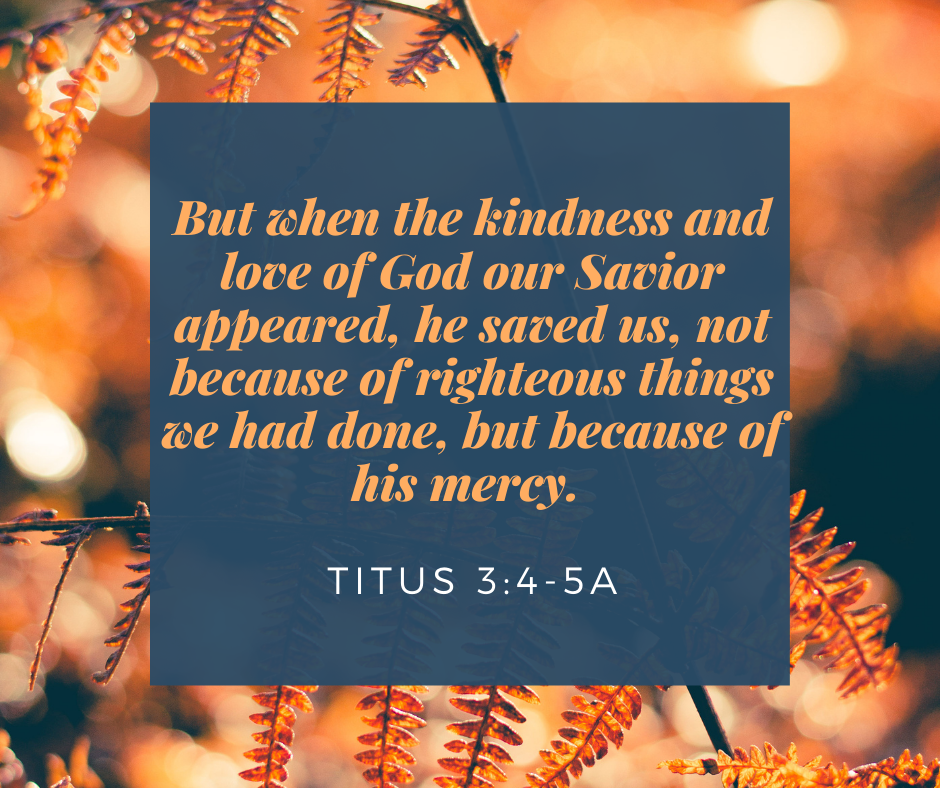












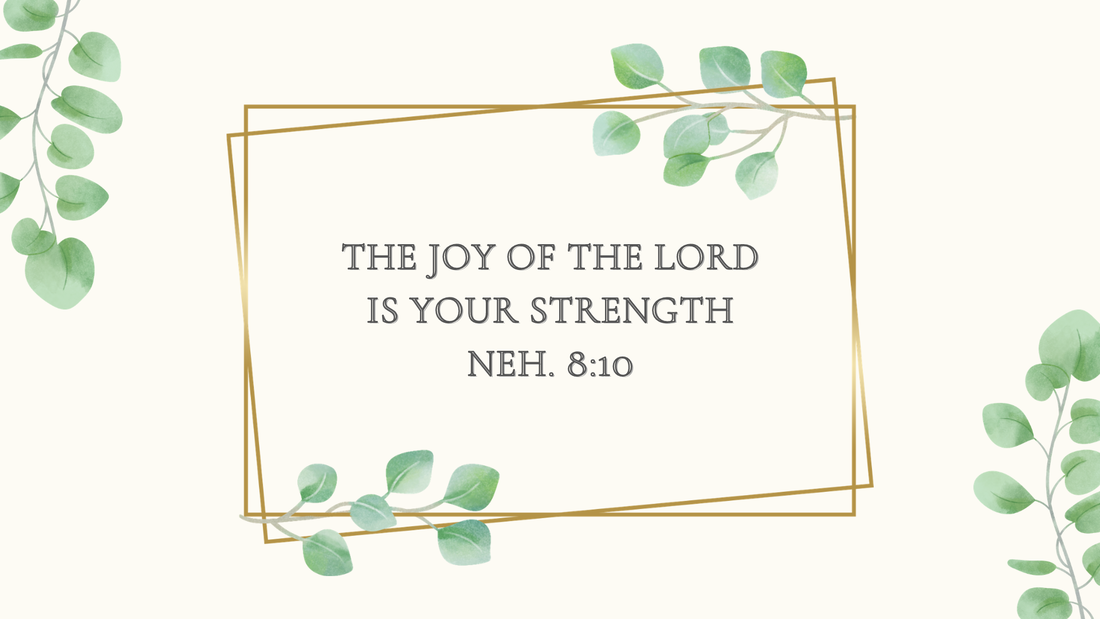
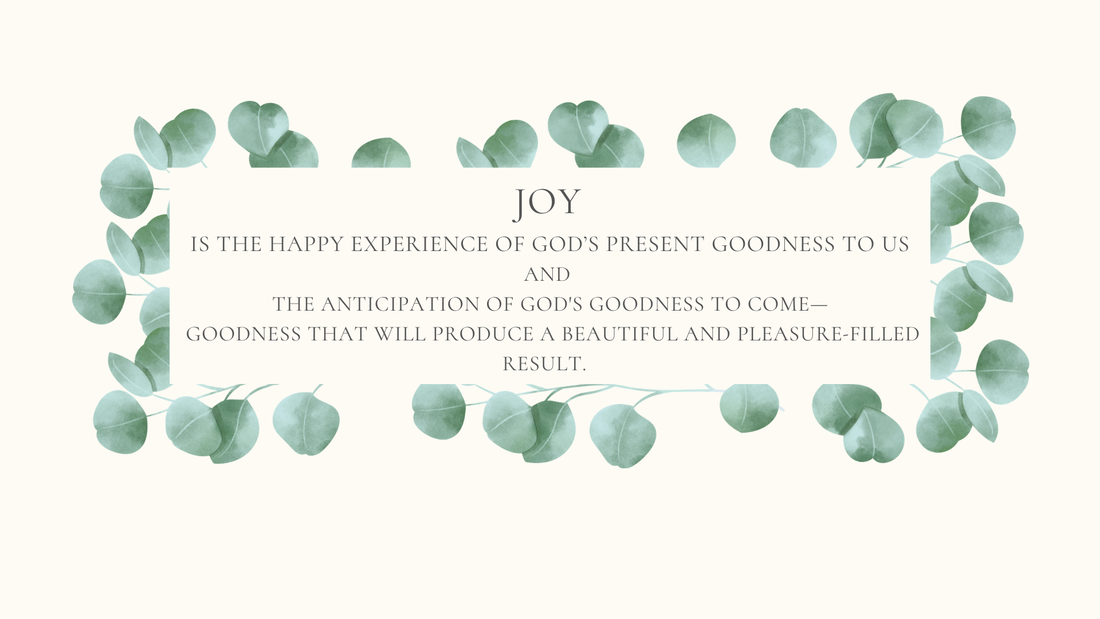
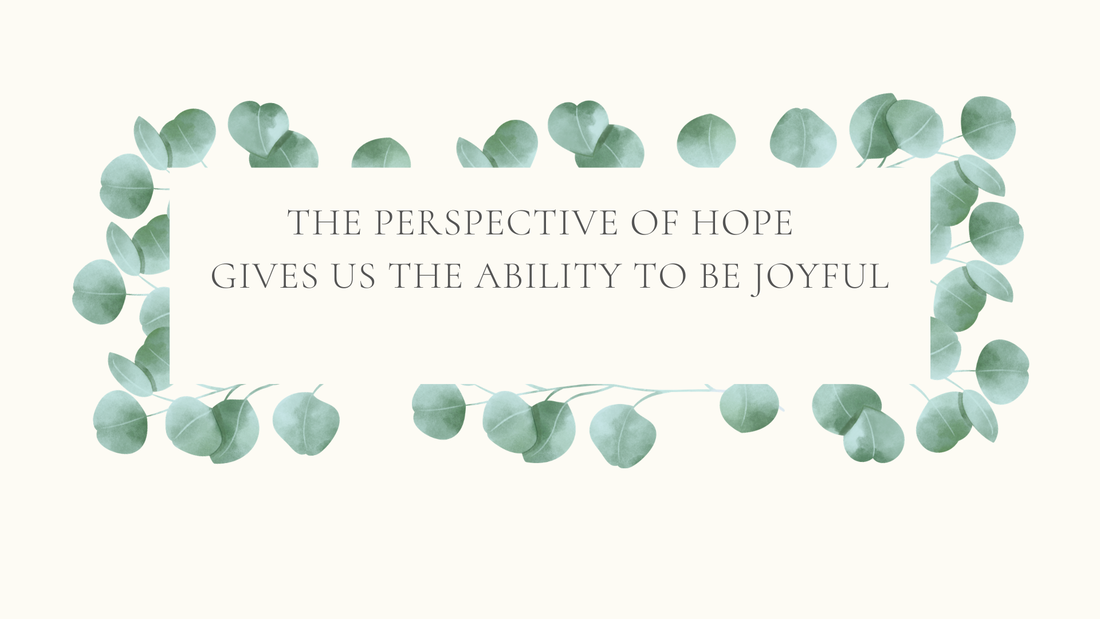






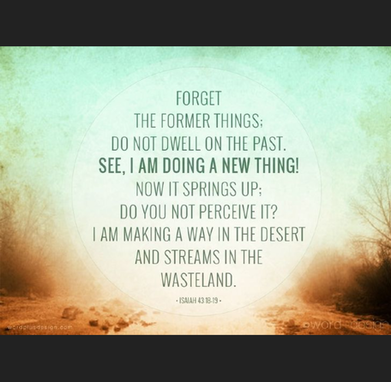

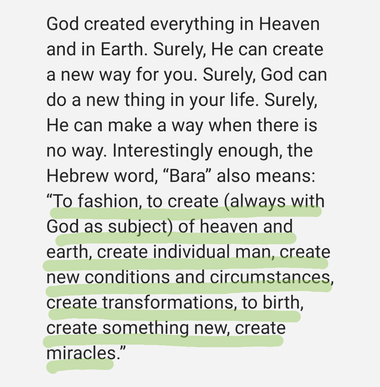
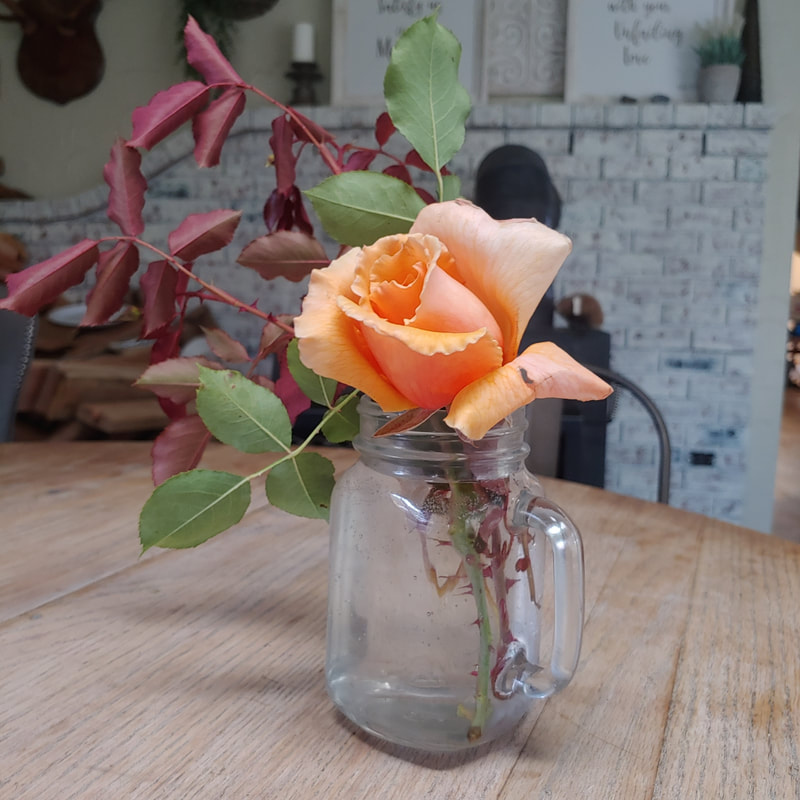
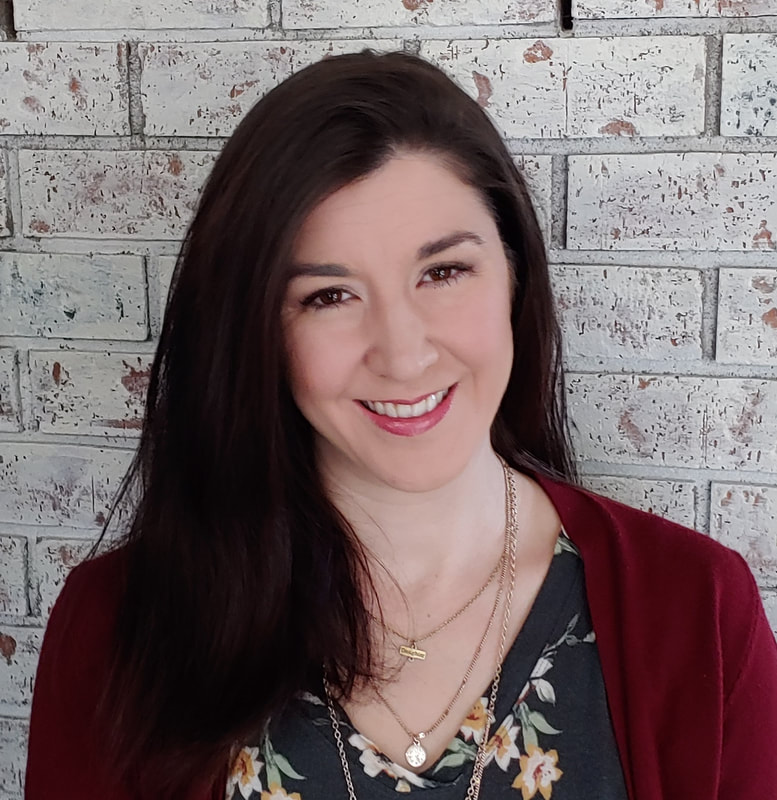
 RSS Feed
RSS Feed